Eos
-
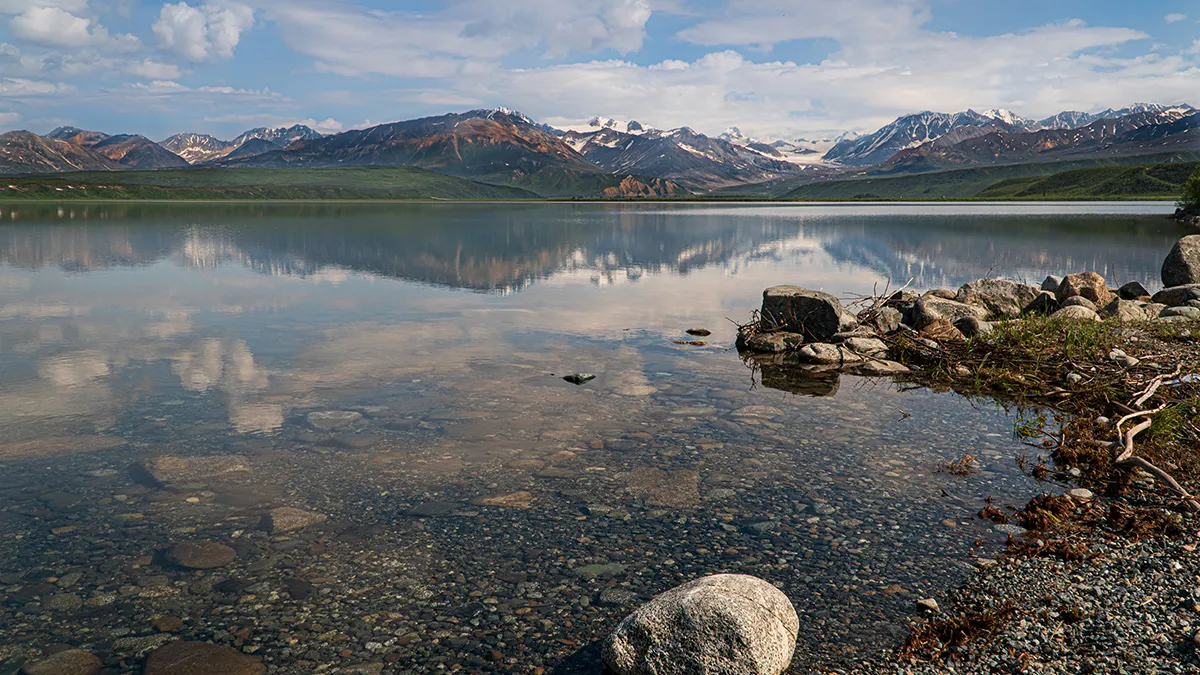
Los lagos y estanques de Alaska revelan los efectos del derretimiento del permafrost
Un nuevo conjunto de datos proporciona un método poderoso para rastrear fácilmente los cambios en el permafrost.
-
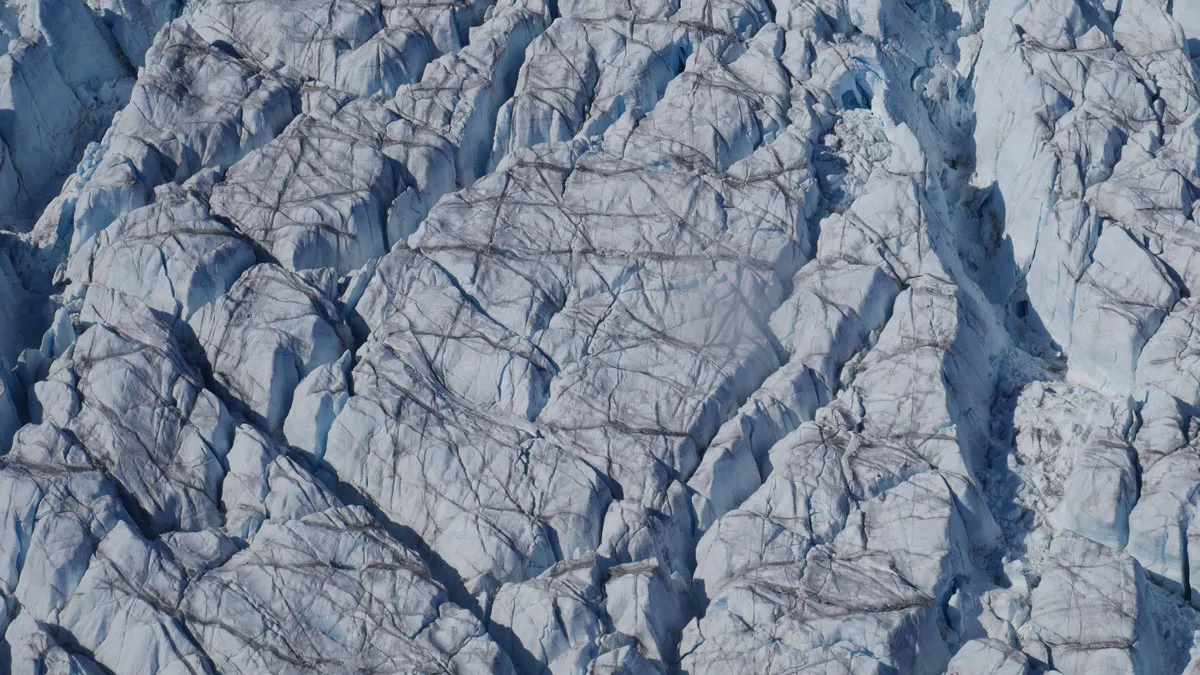
Crevasses on the Greenland Ice Sheet Are Growing
High-resolution 3D maps show crevasse volume is increasing across most of the Greenland Ice Sheet as it accelerates toward the ocean, which could affect future ice loss and sea level […]
-
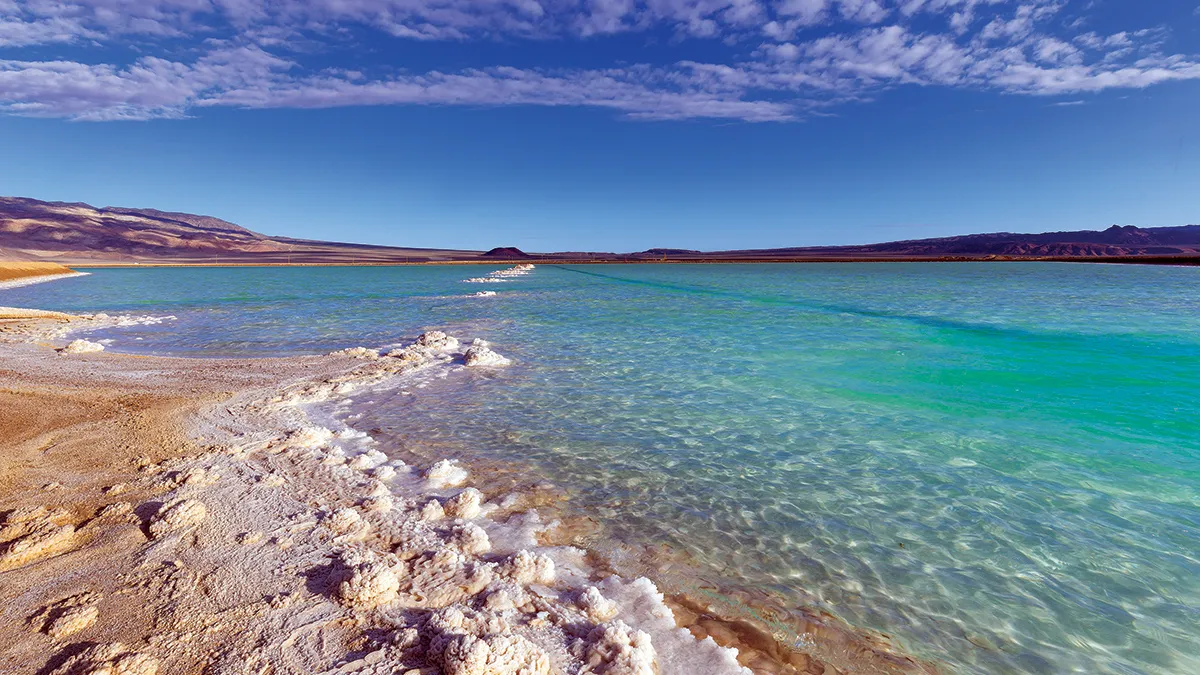
Nevada tiene montones de litio. Esta es la razón.
Nevada se está convirtiendo en un gran productor de litio, gracias a la topografía, el clima y la serendipia geológica.
-
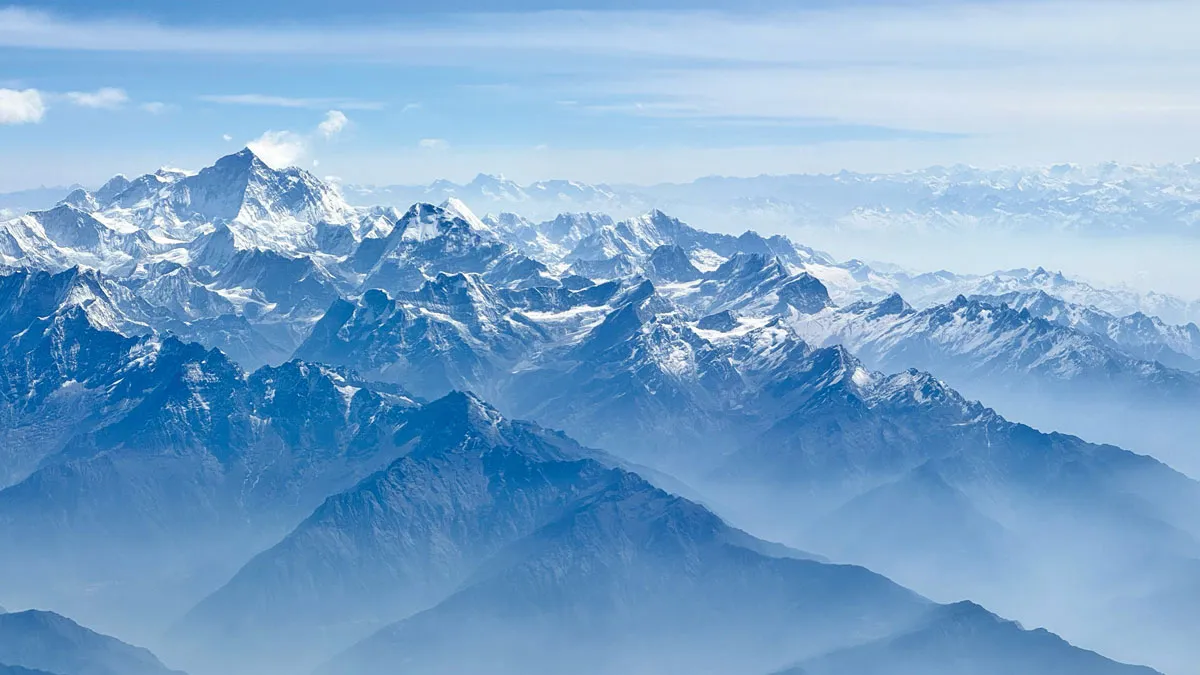
How to Build the World’s Highest Mountain
The rocks of Mount Everest’s peak made an epic journey from seafloor to summit.
-

Life’s Building Blocks Found in Bennu Samples
The discovery of amino acids, abundant ammonia, and the bases of DNA and RNA on asteroid Bennu suggest that materials essential to life might be widespread throughout the solar system.
-
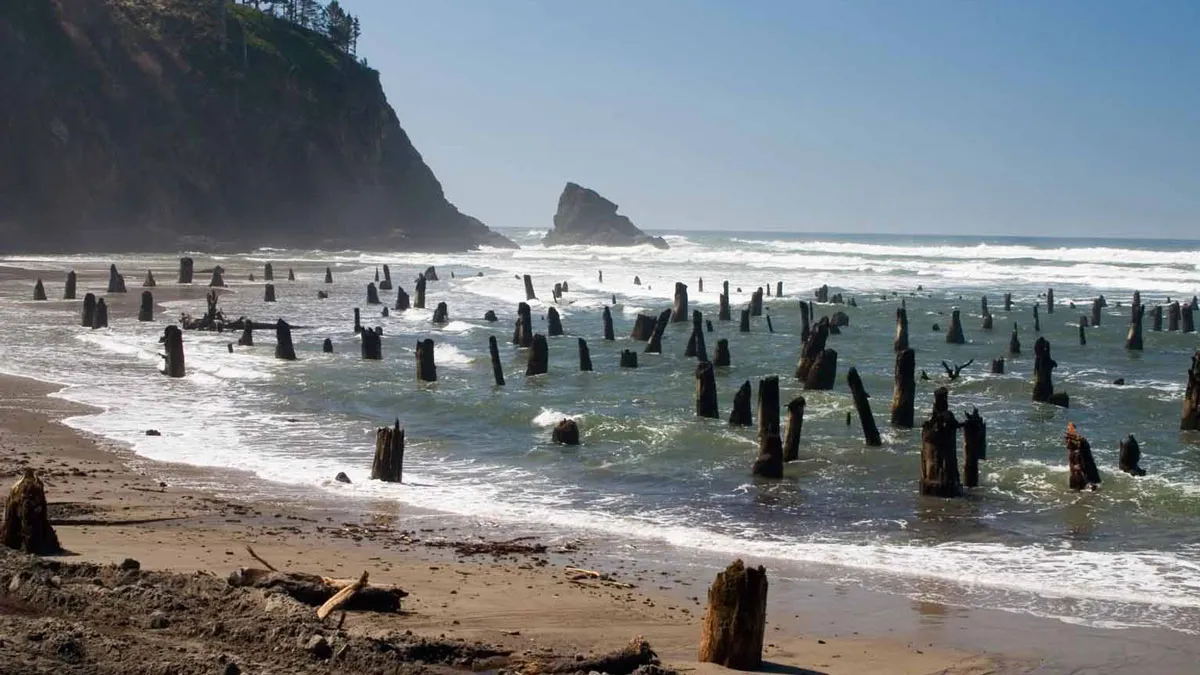
Modeling the Long and Short of Subduction Zones
A new subduction model could reveal important insights about megathrust earthquakes.
-
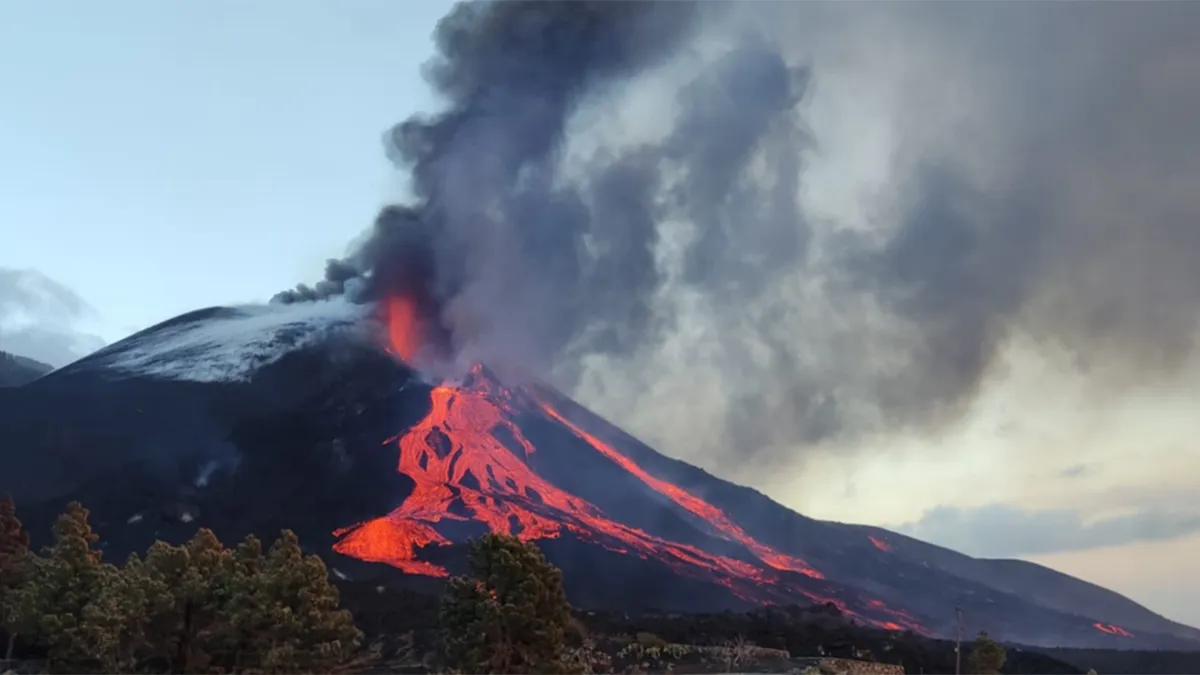
Volcanic Anatomy, Mapped as It Erupts
Testing during the 2021 Tajogaite eruption on La Palma demonstrated the value of near-real-time petrological analyses as a supplement to seismic and geochemical data for eruption monitoring.
-
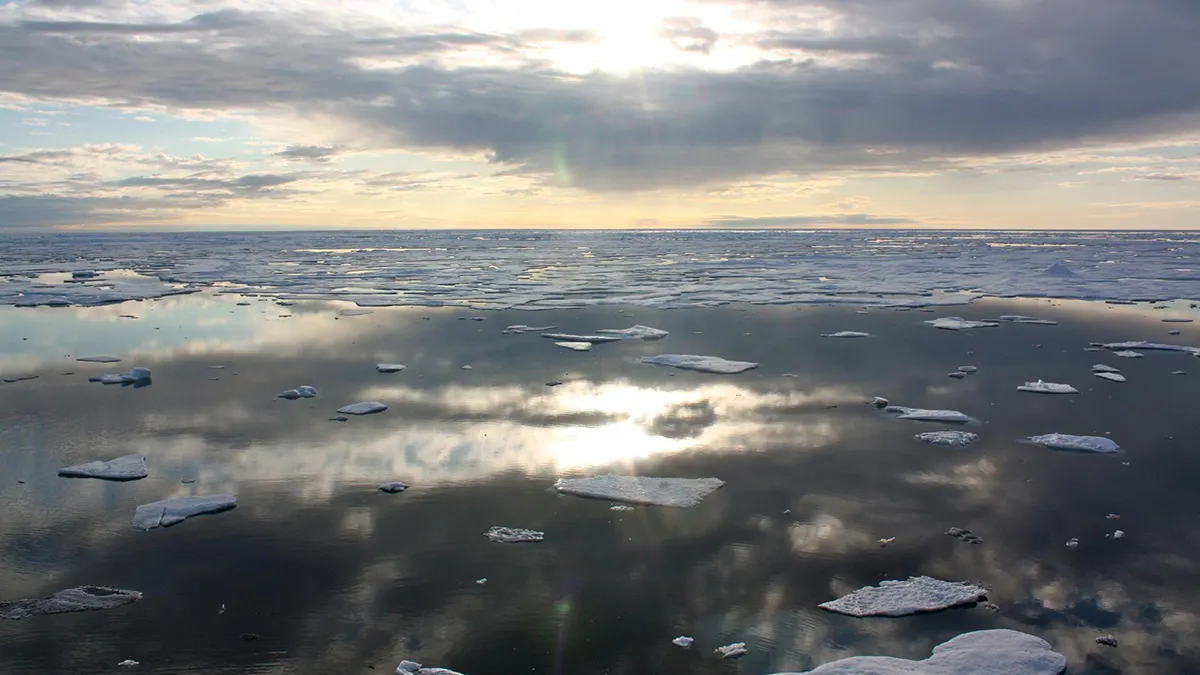
Another Hot Arctic Year Indicates a New Climate Regime
NOAA’s annual Arctic Report Card illustrates a warmer, wetter, and increasingly wonky Arctic climate.
-
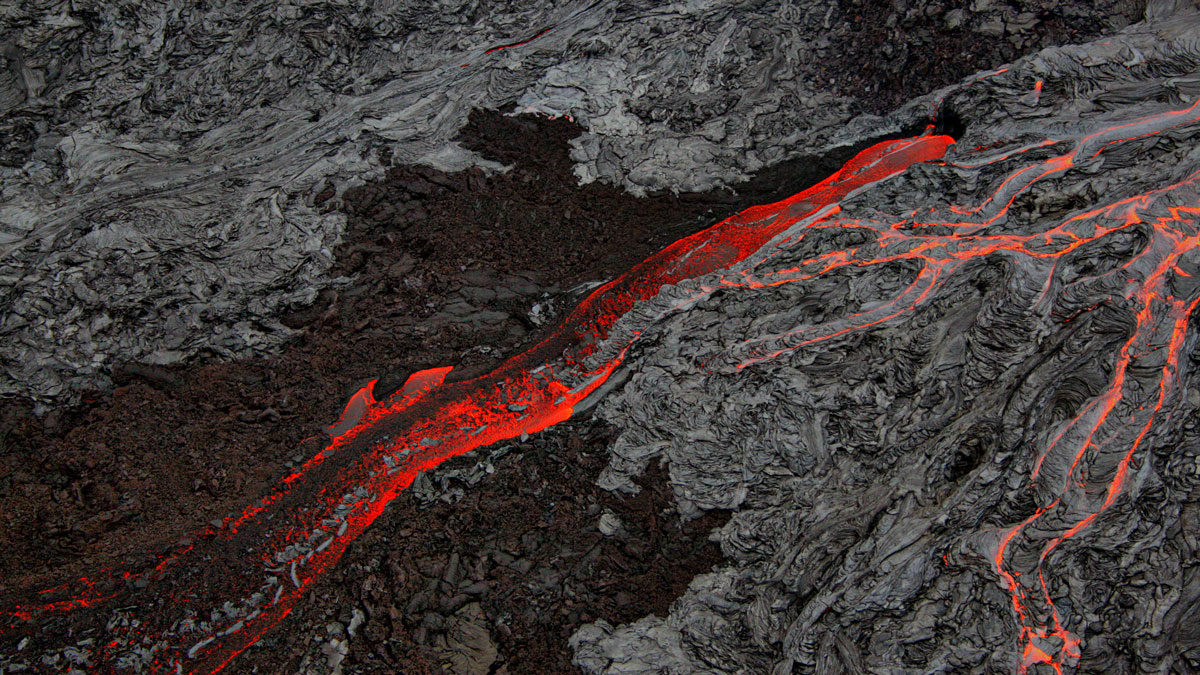
Large Igneous Provinces May Have Leaked Cryptic Carbon
Dissolved carbon dioxide may have bubbled up from magma far below Earth’s surface, contributing to prolonged warming.
